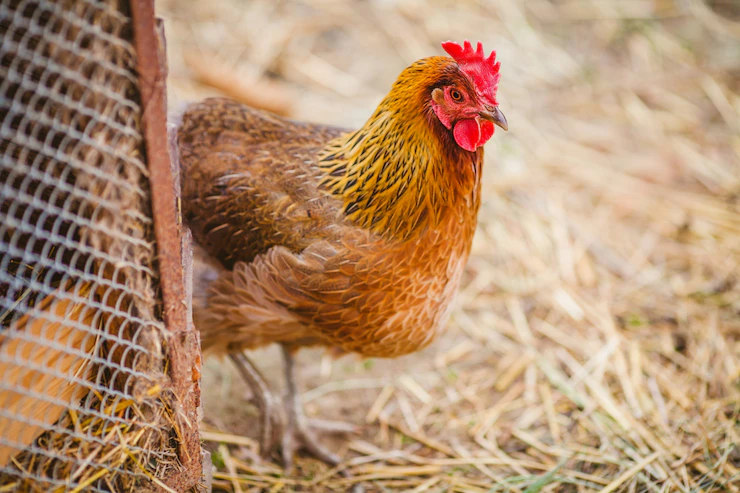Avian Influenza, commonly known as bird flu, is a highly contagious viral infection that affects birds, including chickens. It poses a significant threat to the poultry industry and can lead to severe illness and mortality in infected birds. As a chicken owner in South Africa, it is important to be aware of the signs and symptoms of Avian Influenza to protect your flock and prevent the spread of the disease. In this article, we will discuss the common signs that your chickens may have Avian Influenza.
- Sudden Increase in Mortality: Avian Influenza can cause a rapid increase in chicken deaths within a short period. If you notice a significant rise in mortality rates among your flock, it could be an indication of Avian Influenza. The virus can cause high mortality, with infected birds dying suddenly or within a few days of showing symptoms.
- Respiratory Distress: Respiratory symptoms are a hallmark of Avian Influenza in chickens. Infected birds may exhibit coughing, sneezing, nasal discharge, and difficulty breathing. They may also have swollen sinuses or a gurgling sound in their breathing. Pay close attention to any changes in your chickens’ respiratory patterns and seek veterinary assistance if you observe these symptoms.
- Reduced Egg Production: Avian Influenza can lead to a decrease in egg production or the production of abnormal eggs. You may notice a sudden drop in the number of eggs laid by your hens or the appearance of soft-shelled, misshapen, or shell-less eggs. Monitor your flock’s egg production and quality to detect any abnormalities.
- Swelling and Discoloration of Combs and Wattles: In some cases of Avian Influenza, affected chickens may exhibit swelling and discoloration of their combs and wattles. These normally red and healthy-looking parts of the chicken’s head may become swollen, pale, bluish, or darkened. Changes in the appearance or texture of combs and wattles should be taken seriously.
- Lethargy and Depression: Infected chickens often appear lethargic, depressed, and less active than usual. They may show a lack of interest in food, water, or social interactions. Chickens affected by Avian Influenza may isolate themselves from the flock and exhibit a general decline in energy levels.
- Digestive Disturbances: Avian Influenza can cause digestive issues in infected birds, leading to diarrhea and changes in the consistency or color of droppings. Monitor your chickens’ droppings for any signs of abnormality, such as watery or discolored feces.
- Neurological Signs: In severe cases, Avian Influenza can affect the nervous system of chickens, resulting in neurological signs. These signs may include tremors, paralysis, twisted necks, or seizures. Neurological symptoms are more commonly observed in advanced stages of the disease.
It is important to note that the signs and severity of Avian Influenza can vary, and not all infected chickens may exhibit all of these symptoms. If you suspect Avian Influenza in your flock or observe any unusual signs, it is crucial to seek veterinary assistance or notify the relevant authorities for diagnosis and guidance.
Prevention and control are key in managing Avian Influenza. Implementing strict biosecurity measures, including controlling access to the farm, monitoring and restricting bird movement, practicing proper hygiene, and following vaccination protocols, can help reduce the risk of infection.
It is also essential to report any suspected cases of Avian Influenza to the appropriate authorities to ensure prompt action and prevent the spread of the disease. By being vigilant and proactive in monitoring your flock’s health and following recommended biosecurity measures, you can help protect your chickens from Avian Influenza and safeguard the poultry industry in South Africa.
Join 'Farmers Mag' WhatsApp Channel
Get the latest Farming news and tips delivered straight to your WhatsApp
CLICK HERE TO JOIN






